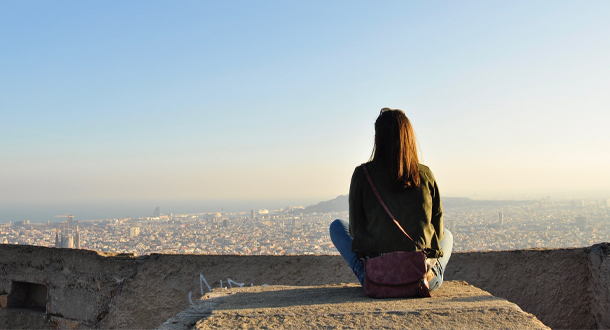
Scripture:
Reflection:
Who is This Man
“Who is this man about whom I hear such things?” And he kept trying to see Him.” -Luke 9:9
Herod’s question is the most important question of our life! And to seek Him is the most important action of our life! “Jesus is every thing for every one!” Col 3:11 “I am the Alpha and the Omega, the first and the last, the beginning and the end.” Rev 22:13
Ronald Wayne joined Apple co-founders Steve Wozniak and Steve Jobs, who were 21 and 25 at the time, to provide the company with “adult supervision” and to oversee mechanical engineering and documentation, all in exchange for a 10 percent stake in the business.
While both Jobs and Wozniak were young and broke, Wayne had assets, including a house, and feared that the financial burden would fall entirely on him if the deal went south. So after spending a mere 12 days with Wozniak and Jobs, Wayne had his name taken off the contract and sold his shares back to his co-founders for only $800.
Ronald Wayne’s decision to leave the start-up cost him big. Today, a 10 percent stake in Apple would be worth more than $80 billion. That kind of fortune would make Wayne one of the richest men in the world. Not to totally come to Jesus would make me one of the poorest persons on the earth! Not to seek Jesus is to miss the biggest opportunity of our lives! Not to evangelize the world about Him is the biggest omission of our lives! How right was St Paul! “I count all things to be loss in view of the surpassing value of aknowing Christ Jesus my Lord, for whom I have suffered the loss of all things, and count them but rubbish so that I may gain Christ,” Phil 3:8
St Paul’s reflection reminds us of the task before us. “In whose case the god of this world has blinded the minds of the unbelieving so that they might not see the light of the gospel of the glory of Christ, who is the image of God. 2 Cor 4:4
Fr. Bob Weiss, C.P. preaches Parish Missions and is a member of the Passionist Community in Louisville, Kentucky.


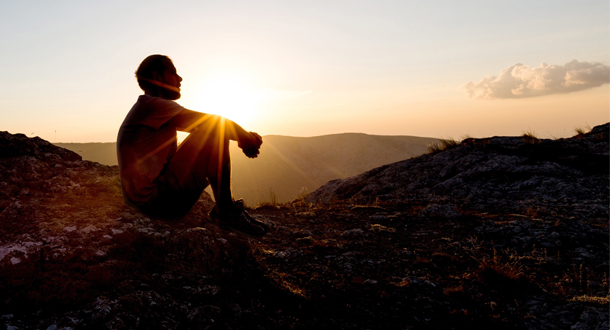
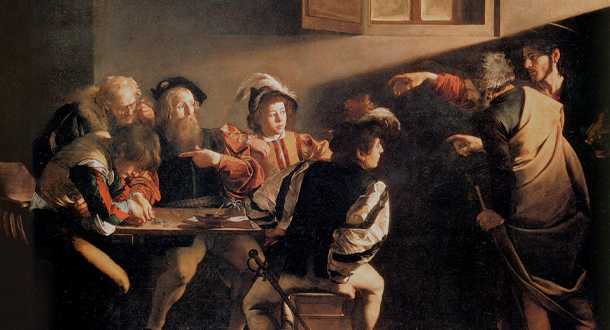
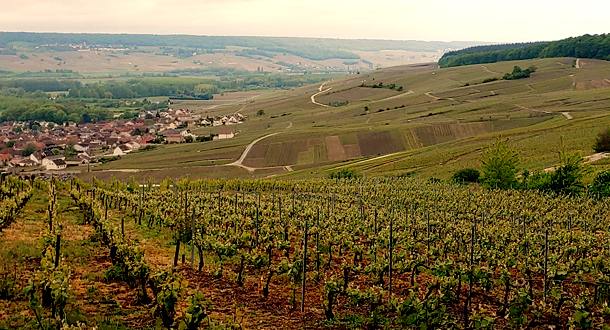
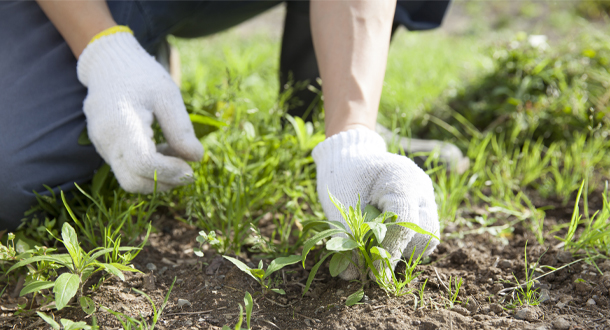

 Scripture:
Scripture: